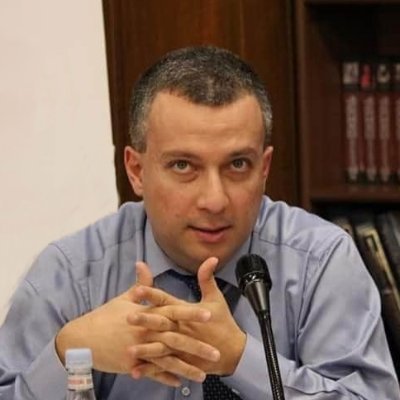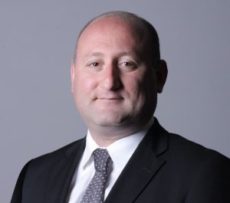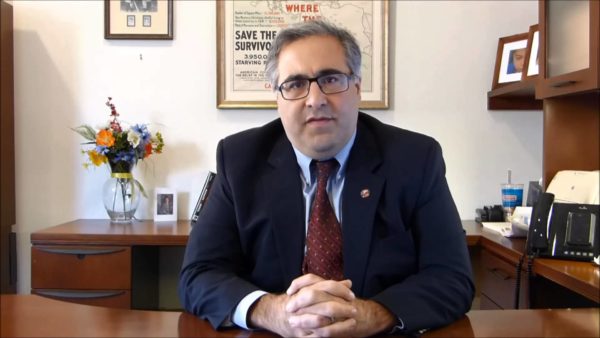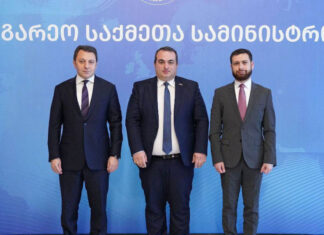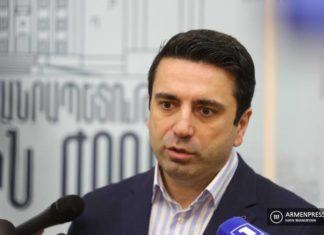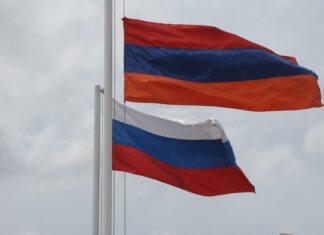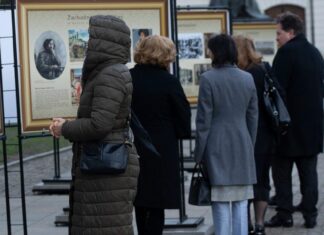SAN FRANCISCO — On Thursday, December 29, a virtual town hall, hosted by the San Francisco Bay Area Artsakh Task Force, attempted to bring together the community on the blockade crisis in Artsakh. The topic of the panel was the recent blockade by Azerbaijani “protestors” of the Lachin Corridor which is the only connection from Armenia to Artsakh (the Nagorno-Karabakh Republic). The protestors were sent by the Azerbaijani government under the false premise of complaining about environmental concerns at copper, molybdenum, and gold mines that are operated in Artsakh. The blockade of the road as well as intermittent shut-downs of the gas and electric lines leading into Artsakh have created a humanitarian crisis for the people of the region.
Four speakers were at the forum: Dr. Davit Akopyan, Dr. Benyamin Poghosyan, Mariam Khaloyan and Aram Hamparian.
Akopyan is a senior advisor to the director of the Arab States Regional Hub (Amman, Jordan) of the United Nations Development Programme (UNDP), and also an advisor to the President of Armenia, as well as serving on the board of the think tank Applied Policy Research Institute of Armenia (APRI Armenia). Poghosyan is a political scientist and is the chairman of the Center for Political & Economic Strategic Studies of Armenia. He is also a regular commentary contributor to the Armenian Mirror-Spectator. Khaloyan is the director of Congressional Relations for the Armenian Assembly of America while Hamparian is the executive director of the Armenian National Committee of America. International human rights lawyer Sheila Paylan of Montreal, Canada, was scheduled to be a part of the panel but was unable to make it.
The panel was moderated by community leader Yervant Zorian, who is a member of the Artsakh Task Force board as well as a leading computer engineer and chief architect at Synopsys, Inc., which produces microchips.
Each panel member offered a different perspective.
Poghosyan’s perspective, being on the ground in Armenia, was arguably the most pragmatic. He argued for the continued importance of Russian presence in Armenia and Artsakh. According to him, the Azerbaijani blockade is going to continue much longer, and it is clear that the goal of Azerbaijan is to starve the people of Artsakh into submission. The ability of the Azerbaijanis to cut the gas and electric lines whenever they want will be used as leverage to force the people of Artsakh and Armenia to accede to their demands, he said. One of the Azerbaijani demands is that a checkpoint be established on the Lachin corridor to check every car and truck that passes from Armenia to Azerbaijan; this would essentially give Azerbaijan control of the corridor and de facto of Artsakh as a whole.
